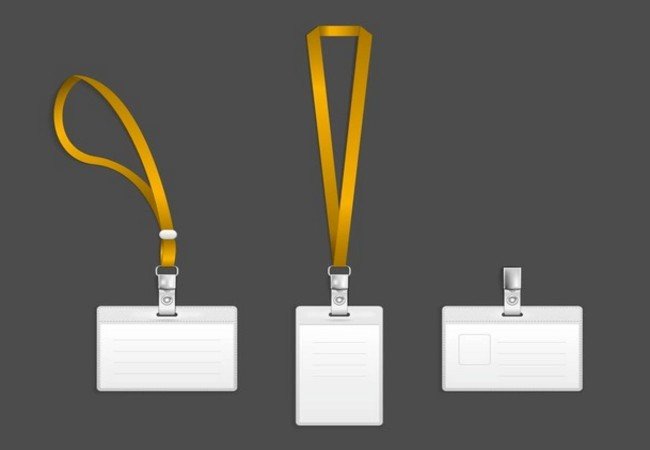In today’s financial landscape, understanding debt relief is crucial for many. For those who are drowning in debt, debt relief companies offer hope. This guide aims to demystify the operations of debt relief companies using insights from CEO Alex Kleyner and his team at National Debt Relief. It emphasizes the importance of making informed choices and sheds light on how these companies can assist in navigating the complexities of debt management. Also, Our objective is to provide clarity and direction for those considering National Debt Relief as a viable option to regain financial stability.
What is Debt Relief, and How Does It Work?
Debt relief organizations offer specialized services to assist people in reducing and managing their outstanding debts. In order to reduce the total debt amount, interest rates, or both, these businesses negotiate with creditors on their clients’ behalf. The process often involves advising clients to temporarily stop payments to creditors, using this as leverage in negotiations. Funds are typically accumulated in a dedicated savings account during this period. The saved funds are used to pay off the negotiated debt amount upon reaching an agreement.
It’s crucial to understand that while debt relief can be effective, it does not guarantee eliminating all debts. Success varies based on individual financial situations and the willingness of creditors to negotiate. Choosing a reputable debt relief company is vital, as it plays a significant role in determining the outcome of the debt relief process.
Evaluation of Debt Relief Companies
Selecting the right debt relief company is critical for a successful debt management plan. CNBC Select’s comprehensive research on multiple debt relief companies highlights key considerations in this selection process. For example, National Debt Relief is a top-rated industry option. These companies are evaluated based on cost efficiency, customer satisfaction ratings, and transparency in operations. Examining various aspects, including fees, services offered, and company reputation, is essential to avoid debt relief scams. Consumers should compare different companies to find one that aligns with their needs and financial situation. Reading reviews and testimonials can also help you learn from previous customers’ experiences. A thorough assessment of these elements guarantees that individuals select a reliable and proficient debt relief organization that delivers efficacious resolutions customized to their specific debt difficulties.
Risks Associated with Debt Relief Companies
Engaging with debt relief companies carries inherent risks that must be carefully considered. The Consumer Financial Protection Bureau (CFPB) warns of potential consequences like accumulating late fees and increased creditor pressure during the negotiation phase. While debt relief companies work on negotiating settlements, creditors may continue to add late fees and interest charges, potentially increasing the total debt amount. Additionally, many for-profit debt relief companies charge significant fees, often requiring a percentage of the debt amount or a share of the savings achieved from the settlement. It’s also vital to be cautious of companies that demand fees before successfully settling debts, as this practice often indicates scams. Moreover, the eligibility for debt relief services usually requires a minimum amount of debt, which varies across companies. Understanding these risks and choosing a reputable company are crucial steps in ensuring a safe and effective debt relief experience.
What to Know Before Working with a Debt Relief Company
Before engaging with a debt relief company, it’s important to consider the impact on your credit score. Debt settlement can significantly drop your FICO score, similar to bankruptcy in some respects. This impact can linger for years. Furthermore, forgiven debt may be taxable, requiring reporting as income. Consulting a tax professional is advisable. Additionally, be vigilant for red flags indicating scams, such as guarantees of debt elimination or upfront fees. The Consumer Financial Protection Bureau provides guidelines to identify such scams, ensuring a safer approach to debt relief.
Alternatives to Debt Relief Companies
There are options available for individuals who are hesitant to utilize debt relief services. One strategy is to approach debt settlement on an individual basis. This involves listing all debts, creating a budget, and negotiating directly with creditors. This method can save costs associated with debt relief services. Another option is debt consolidation through personal loans. Lenders like Upstart and Avant offer consolidation loans, which can simplify debt management by combining multiple debts into a single payment with potentially lower interest rates. These alternatives require discipline and financial planning but can effectively manage credit card debt without needing external services.
Conclusion
This guide provides a comprehensive overview of debt relief companies, emphasizing informed decision-making for those considering such services. It highlights the importance of understanding debt relief’s workings, risks, and alternatives. As you navigate your debt management journey, remember the significance of evaluating debt relief options thoroughly. With this knowledge, you can make choices that best suit your financial situation, ensuring a more stable and debt-free future.




